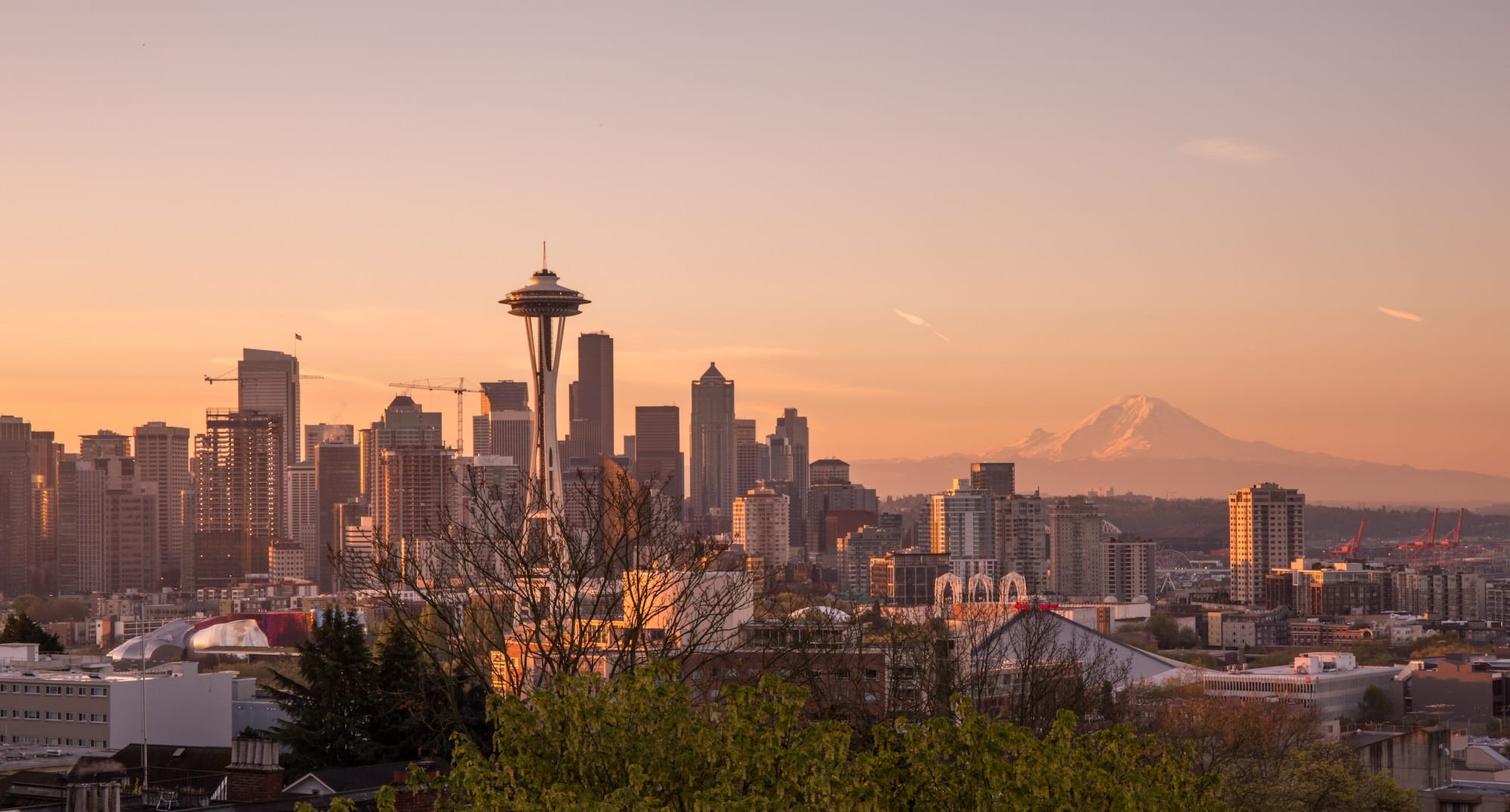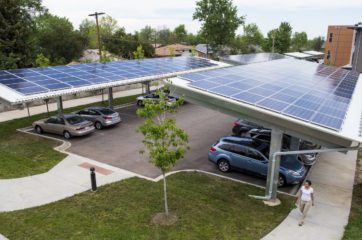The results are in, and 1631, the ballot initiative proposing a carbon pollution price in Washington state lost with 44 per cent of the vote. The proposed carbon fee initiative would have raised more than $1 billion annually by 2023 and created over 40,000 jobs. This was the third time carbon pricing has been introduced in the state of Washington and while it did not pass, there is plenty to take away and learn from.
Despite the defeat, I-1631 deserves praise, as does the campaign that pushed it forward and the broad coalition it was able to rally around its support. A key part of that coalition was the private sector.
With over $31million spent by the fossil fuel industry on a disinformation campaign, they may have succeeded for now in stopping the ballot initiative from passing; yet they are far from succeeding in the long-term. Most of the funding that supported the false advertisement by No on 1631 came from corporations outside of the state. Fossil fuel funds from around the country were put into defeating the initiative; the majority of the funding came from Wichita-based Koch Industries, Houston-based Phillips 66, Sacramento-based Marathon Petroleum, and multinational giant BP.
Many corporate leaders that call Washington home supported the carbon fee, including REI, Microsoft, local energy companies, and the many small businesses who hung signs in their storefront window showing their support. The support and endorsement of local business leaders and small business is important and it shows a trend toward understanding climate action and reducing pollution as not inherently at odds with business interests.
The campaign also served as a pivotal moment for uniting different progressive communities. The coalition was lead by Washington’s indigenous and tribal communities with the support of community justice advocacy groups, labor, and environmental organizations. This model will hopefully serve as a useful example for future campaigns across the country, and help us understand the importance of broad-base support and coalition building.
Washington state has opened the door for other states to continue moving carbon pricing legislation to the forefront. While the fossil fuel industry outspent supporters 2 to 1, the latter showed the power of a broad-based coalition and that it is possible for businesses to help further campaigns. Now the attention shifts to opportunities outside of the Pacific Northwest. States across the country are eyeing carbon pricing legislation for 2019 including New York, Massachusetts, Connecticut, Maryland, New Mexico, Oregon, and possibly even Washington again. They know that carbon pricing is the most efficient way to meet emission reduction goals across the region, and carbon pricing at the state level should therefore be a priority.
The initiative generated national news about carbon pricing and helped us move the issue further into public discussion, generating increased awareness and momentum for the issue. Significant editorial boards have come to endorse carbon pricing as a way of reducing carbon emissions and combating climate change, including the New York Times and the Boston Globe.
While the ballot initiative was ultimately defeated, there are many successful tactics and strategies we gain learn from the campaign. A special mention and big thank you to all the volunteers who put countless hours and work into this effort, not just on the ground, but from across the country who called, texted and educated Washington voters on the importance of carbon pricing.
If you want to work on carbon pricing in your state, join our state carbon pricing network calls. We have the resources to get you moving in the right direction. Our efforts don’t end in Washington, and the campaign should in fact energize all of us into getting back to work and passing this critical legislation in our states.









